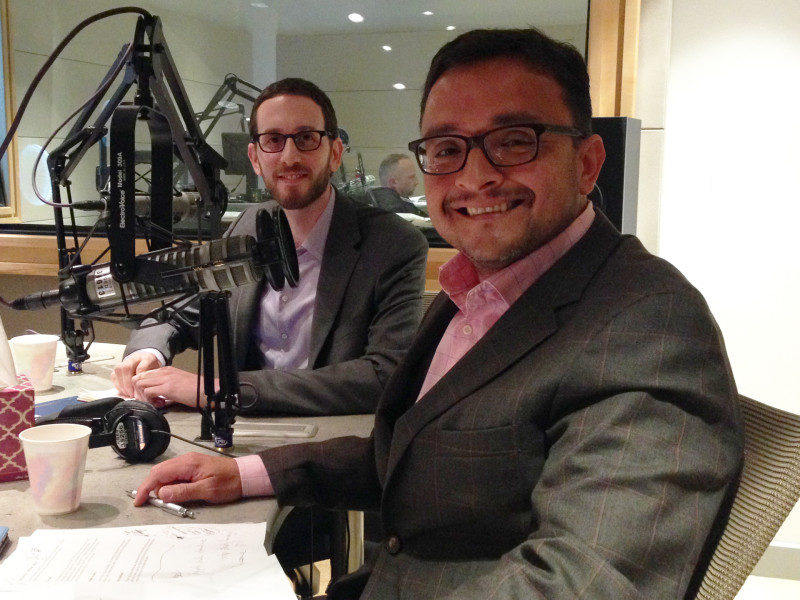Campos believes that the temporary halt on market-rate developments will give the city time to purchase some of those parcels.
“The voters of S.F., who are very wise, actually passed Prop. K,” said Campos. “And Prop. K says that the target is to build 50 percent affordable [housing].”
“The Mission is saying: ‘We have a strategy, something concrete to get to that 50 percent,’ ” said Campos. “And our strategy says to protect, to preserve the limited amount of land, let’s do a pause on luxury housing so that the city can actually buy these parcels and begin to build as quickly as possible.”
Campos clarified during a back-and-forth with Wiener that his legislation, which is slated to be voted on by the Board of Supervisors on June 2, is not a moratorium on all housing, but on what he calls “luxury housing.” Projects that contain 100 percent affordable units would be permitted.
Campos said in the case of his proposal, affordable housing will be defined as housing that costs “120 to 150 percent of the average median income.”
“When the market is limited, there is a role for government,” said Campos.
Any New Housing is Good Housing
But for Wiener, that government role is not about preventing the construction of housing units.
“We need to increase the supply of housing overall,” said Wiener. “And that means all sorts of different kinds of housing. It means in-law units — that’s an important approach and I think the best use of the buildings that we have. It means creating group housing, it means creating market-rate housing, affordable housing, all kinds of housing. That’s how we’re going to solve the crisis.”
Wiener argued that the proposed moratorium would actually raise prices and lead to more displacement of longtime Mission residents.
“People want to move into the Mission because it’s an amazing neighborhood,’ said Wiener. “And they’re going to come, whether or not we build any new housing. And if we don’t build the new housing, we’re going to see the pressure cooker in the Mission become an even worse pressure cooker. There’s going to be more displacement, more competition for housing, and that is going to hurt exactly the people that we all want to help.”
Wiener said that reducing market-rate housing projects ultimately reduces funds available for lower and, particularly, middle-income housing projects.
“The easiest affordable housing to build is for low income, which is up to 50 percent of area median income and that’s because you can access federal tax credits and it’s a 3-to-1, 4-to-1 match,” explained Wiener. “Financially, it’s the easiest to pursue. The hardest [to build] is moderate housing, for people making 80, 90, 100 or so percent of area median income, because we don’t get those subsidies, so that requires local resources. And a lot of those resources we get from developers paying affordable housing fees to the city.”
For Wiener, “market-rate development and affordable housing development are inherently linked.”
He points out that developers are required to include some affordable housing units in their projects or to pay fees. Campos’ ban would prevent projects that have upward of “30 percent, 40 percent, 50 percent affordable units.”
Little Faith in City Leadership
During the 50-minute-plus conversation, both supervisors said that the city’s housing policies are ineffective. Several people who called into the show, one of whom said, “I’m out in the Sunset being evicted now,” echoed that dissatisfaction with city policy and leadership.
“I don’t have any faith in City Hall at this point,” said Jessica, who identifed herself as a 28-year-old native San Franciscan. “I appreciate what David Campos is trying to do. … How can people afford to live in the city that they grew up in?”
“We have a housing crisis,” said Campos. “And, respectfully, our mayor has not addressed this issue like it is a crisis. We have a crisis and we’re acting like it’s, you know, just another regular day.”
You can listen to the complete Forum discussion here:
